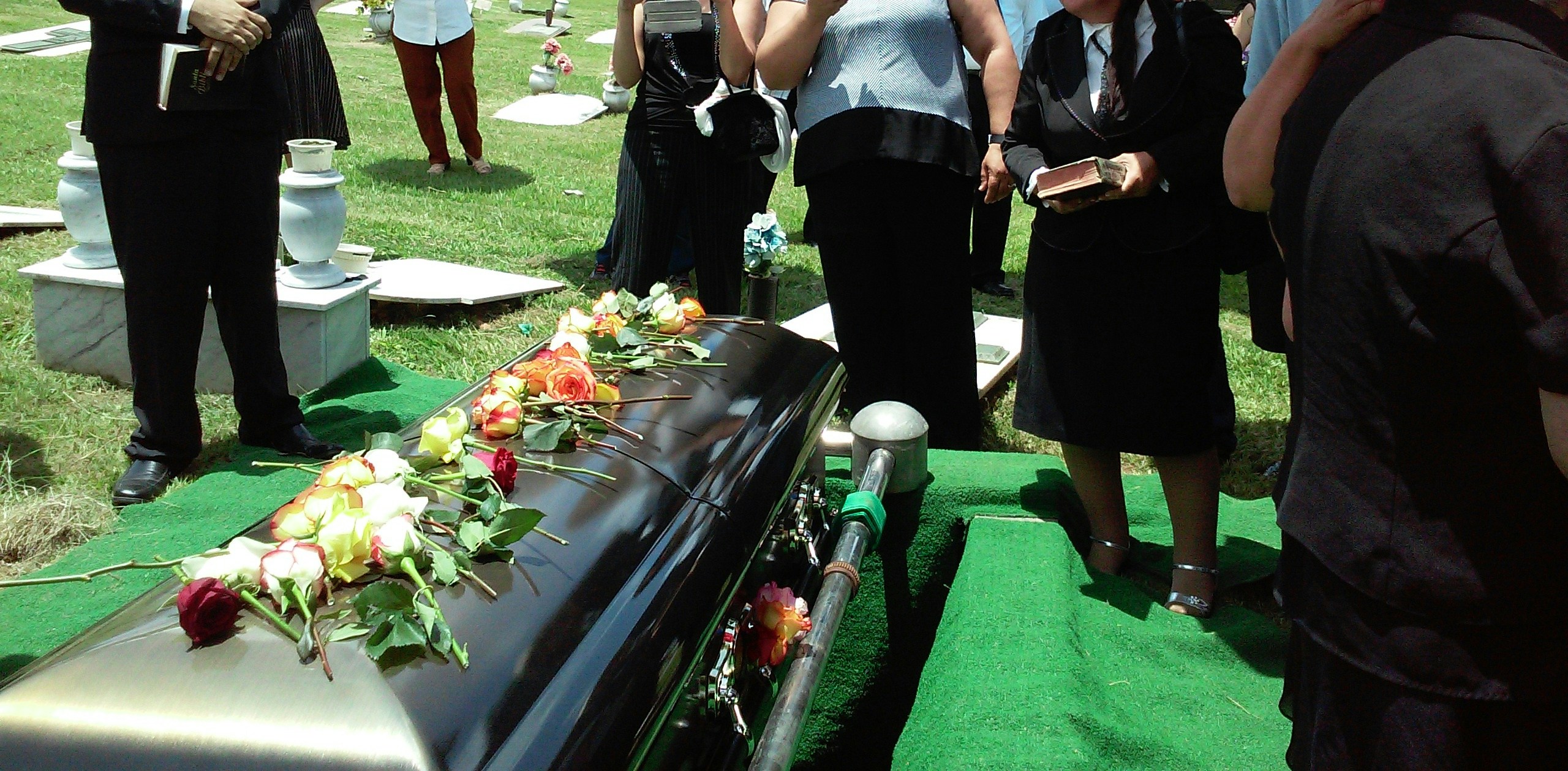Losing a relative is one of life’s most difficult experiences. Whether the passing was expected or sudden, the days and weeks that follow will be a blur of emotions, paperwork, and urgent decisions. You may find yourself caught between waves of grief and a seemingly endless list of practical responsibilities. It’s essential to give yourself time, seek help, and take each step as it comes. This guide walks you through how to manage the emotional, practical and legal aspects of this difficult period so you don’t have to face it alone.
Coping with grief after loss
The process of grieving doesn’t follow a neat timeline. You might feel numb, sad, and even angry. There’s no right ‘way’ to grieve, but it does help to talk with close friends, support groups, or professionals. What matters is sharing your feelings. It doesn’t have to be complicated or time-consuming – even simple acts like writing down memories of your loved one, taking walks, or setting small goals for overwhelming tasks, can ground you.
Handling official tasks in the early days
Amid the emotions, you also need to complete necessary formalities. The death must be registered within five days in the UK, and you’ll need the medical certificate from the hospital or GP. Next comes arranging the funeral – and you can lean on funeral directors for help on everything from registration through to bereavement support. You will also need notify relevant authorities, close bank accounts, and apply for bereavement benefits if applicable.
Dealing with the will and other legal tasks
If your relative left a will, the named executor is responsible for applying for probate and managing the estate. This can involve contacting banks, distributing assets, and sometimes settling debts. It’s worth working with experienced probate solicitors who can help you deal with the legal issues and ensure you’re following the correct process. If there’s no will, the estate will be divided according to the rules of intestacy.
Self-care during bereavement
It’s easy to forget your own needs when managing loss. But sleep and rest, proper food, and downtime matter now more than ever. Others around you (especially children or elderly relatives) may be looking to you for support, even as they grieve in their own way.
Moving forward after a loss
There’s no one roadmap for loss, but you don’t have to find your way alone. By taking care of your emotional needs, following key admin steps, and leaning on professional support, you can navigate this difficult time with clarity.

